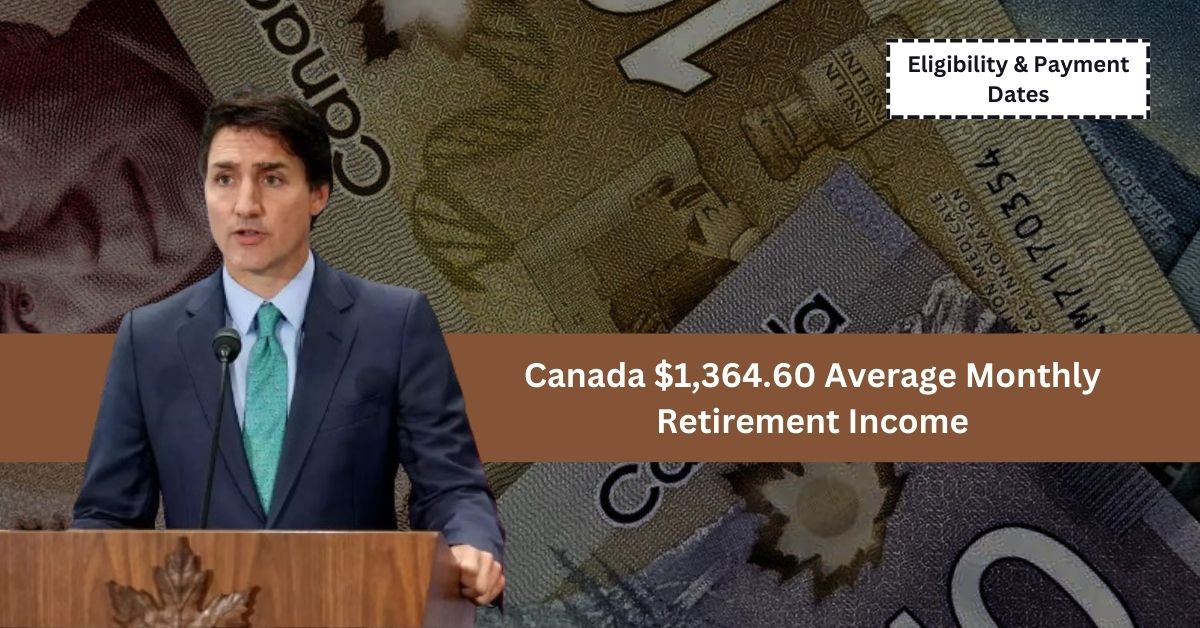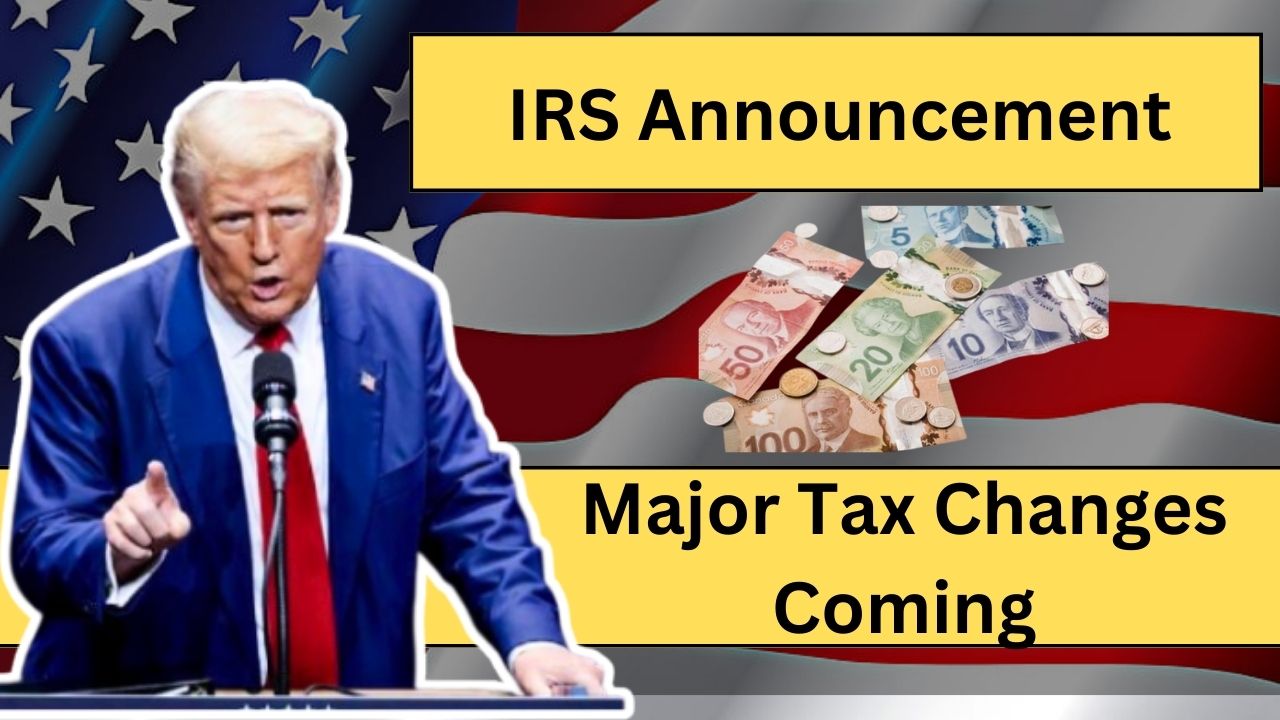Planning for retirement is exciting, but it can feel like navigating a maze with numbers, requirements, and payment dates. Canadians retiring in 2024 are curious about the Canada Pension Plan (CPP) retirement benefits. Did you know? If you qualify, your monthly CPP retirement income could be as high as $1,364.60. But eligibility criteria, payment dates, and other rules affect how much you get each month. Let’s dive into what you need to know!
What is the Canada Pension Plan (CPP)?
The CPP is a monthly payment program for Canadians aged 65 or older who contributed to the plan during their working years. It’s designed to support retirees across Canada and is calculated based on your contributions, made through deductions from employment income.
If you’ve worked in Canada and paid into CPP, you may qualify for monthly benefits. The amount you receive depends on how long and how much you’ve contributed.
Monthly Payments and Maximum Amount
For 2024, the maximum monthly CPP benefit is $1,364.60, which translates to $16,375.30 annually. However, not everyone qualifies for this maximum. The average amount Canadians receive as of late 2023 is around $758.32 per month due to varying contribution histories.
Table: CPP Retirement Benefits in 2024
| Benefit Type | Monthly Average | Monthly Maximum | Annual Maximum |
|---|---|---|---|
| CPP Retirement (at age 65) | $758.32 | $1,364.60 | $16,375.30 |
| Delayed CPP (at age 70) | $1,079 | $1,937.73 | $23,252.93 |
Those who wait to collect until age 70 see a larger monthly amount, as payments are increased by 0.7% for each month of delay past age 65, up to a total of 42% more than those who start at 65. However, waiting to 70 isn’t feasible for everyone.
Eligibility Requirement
To be eligible for the CPP retirement income, you must meet a few basic requirements:
- Age Requirement: You must be at least 60 years old to begin receiving reduced benefits, but regular payments start at 65. Delayed payments at 70 offer a larger payout.
- Contribution Requirement: You must have contributed to CPP during your working years. The contributions depend on your income, so if you worked in Canada for several years and met the income threshold, you’re likely eligible.
- Residency and Citizenship: You should be a Canadian resident or citizen, although you may still receive payments if you retire outside of Canada.
When Will You Get Paid?
CPP payments are scheduled monthly, typically at the end of each month. Here’s a quick look at the 2024 CPP payment dates:
| Month | Payment Date |
|---|---|
| January | January 29, 2024 |
| February | February 27, 2024 |
| March | March 27, 2024 |
| April | April 29, 2024 |
| May | May 28, 2024 |
| June | June 26, 2024 |
| July | July 29, 2024 |
| August | August 28, 2024 |
| September | September 26, 2024 |
| October | October 29, 2024 |
| November | November 27, 2024 |
| December | December 27, 2024 |
These dates are important for budgeting your monthly expenses, as each payment is consistent but falls on slightly different days each month.
Tips for Maximizing Your CPP Income
- Delay for More: As mentioned, if you wait until age 70 to start collecting, your payments will be 42% higher than if you begin at 65. This approach is ideal if you have other income sources or don’t need CPP right away.
- Combine CPP with Old Age Security (OAS): The OAS is another monthly benefit for Canadians over 65 and provides additional income alongside CPP. Make sure you apply for OAS, as it’s separate from CPP and based on different criteria.
- Share CPP with a Partner: You can split CPP payments with a lower-income spouse or partner, which can be tax-effective if you are in a higher tax bracket. This option also applies in case of separation or divorce, ensuring both parties receive support.
Common Questions About CPP
1. What if I’m already receiving CPP? Can I increase my payments?
No, once you start receiving CPP, the amount is fixed (adjusted annually for inflation). But if you’re not yet receiving it, delaying to age 70 can increase your monthly payments.
2. Can I receive both CPP and OAS at the same time?
Yes, you can. CPP and OAS are separate programs, and if you qualify, you may receive both. Make sure to apply for each benefit individually.
3. Is CPP taxed?
Yes, CPP income is taxable. You can request Service Canada to deduct taxes from your CPP payments to avoid a large tax bill at the end of the year.
I Work as a Content Writer and I like Writing Articles




